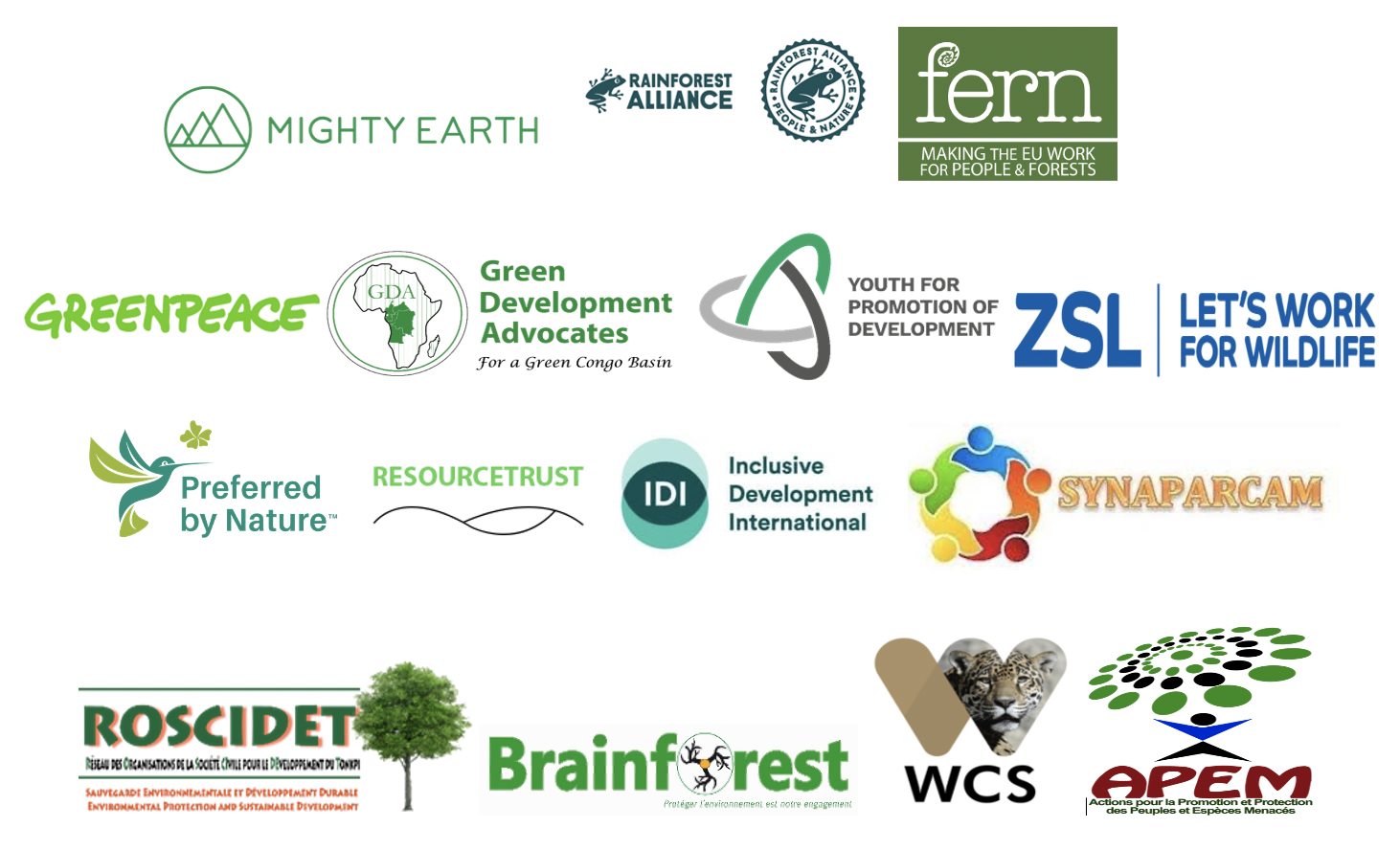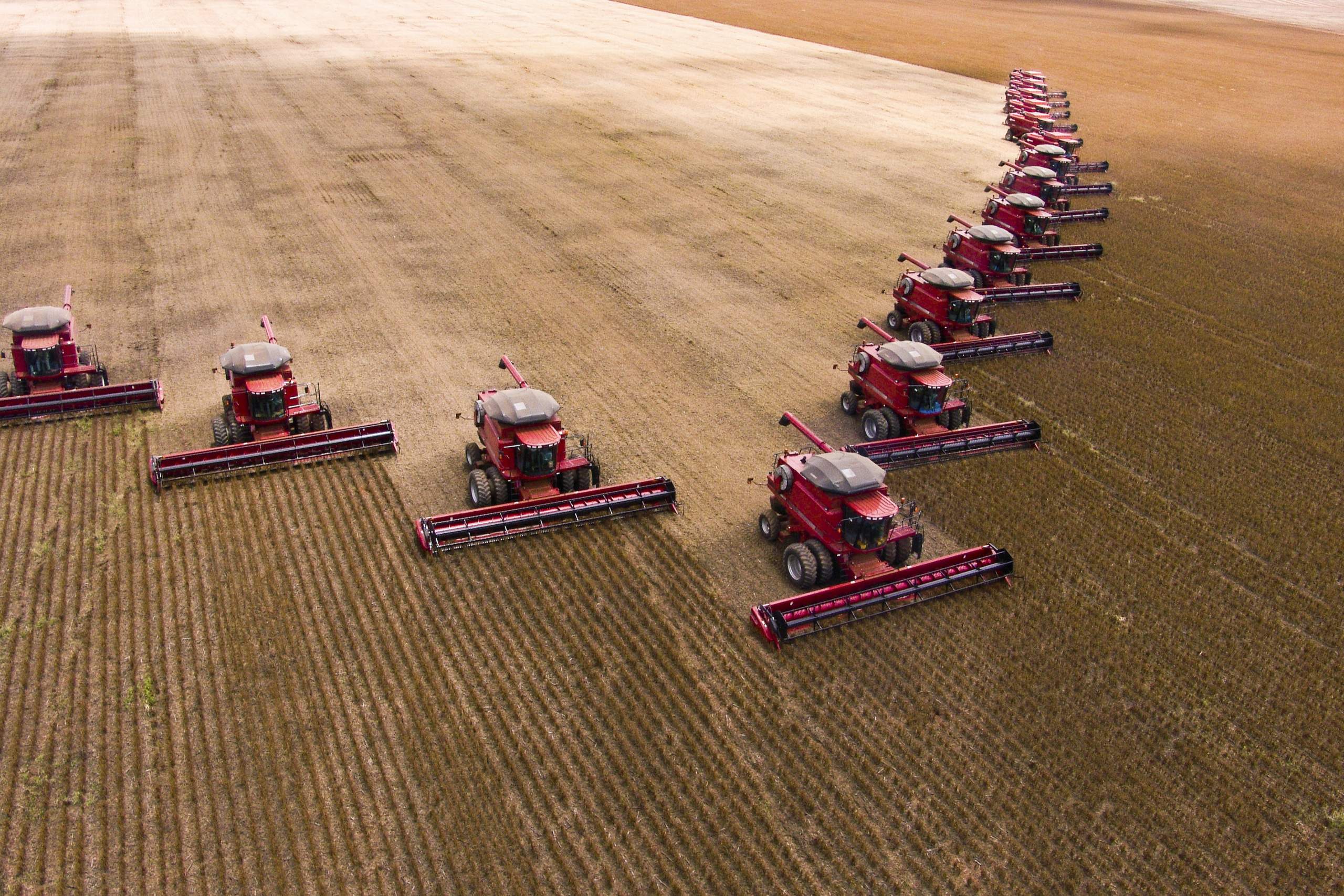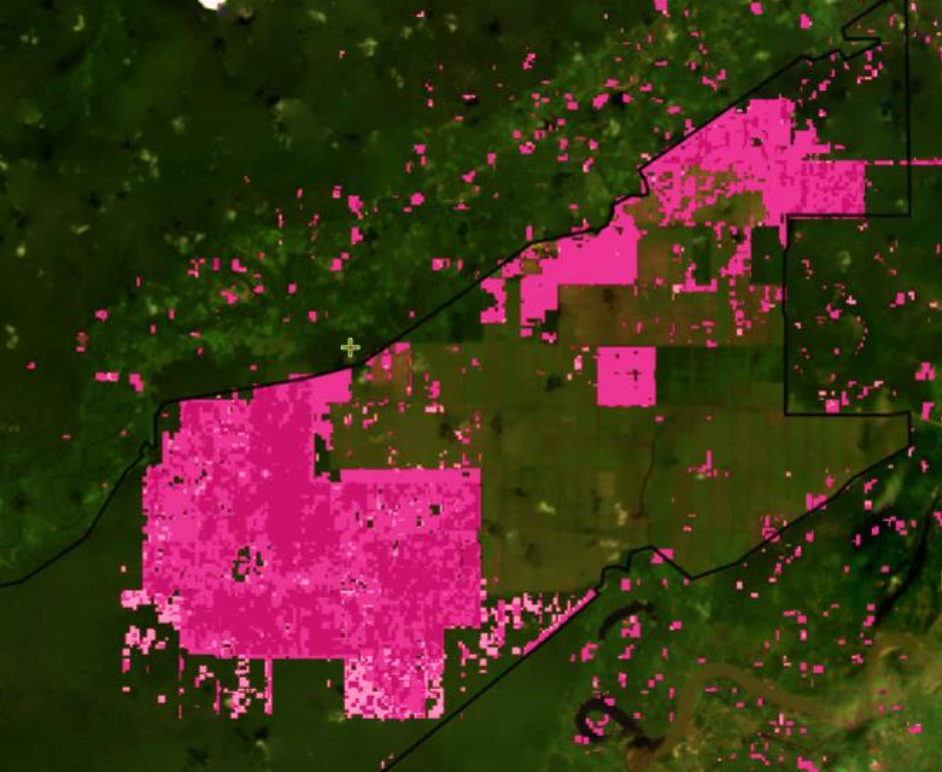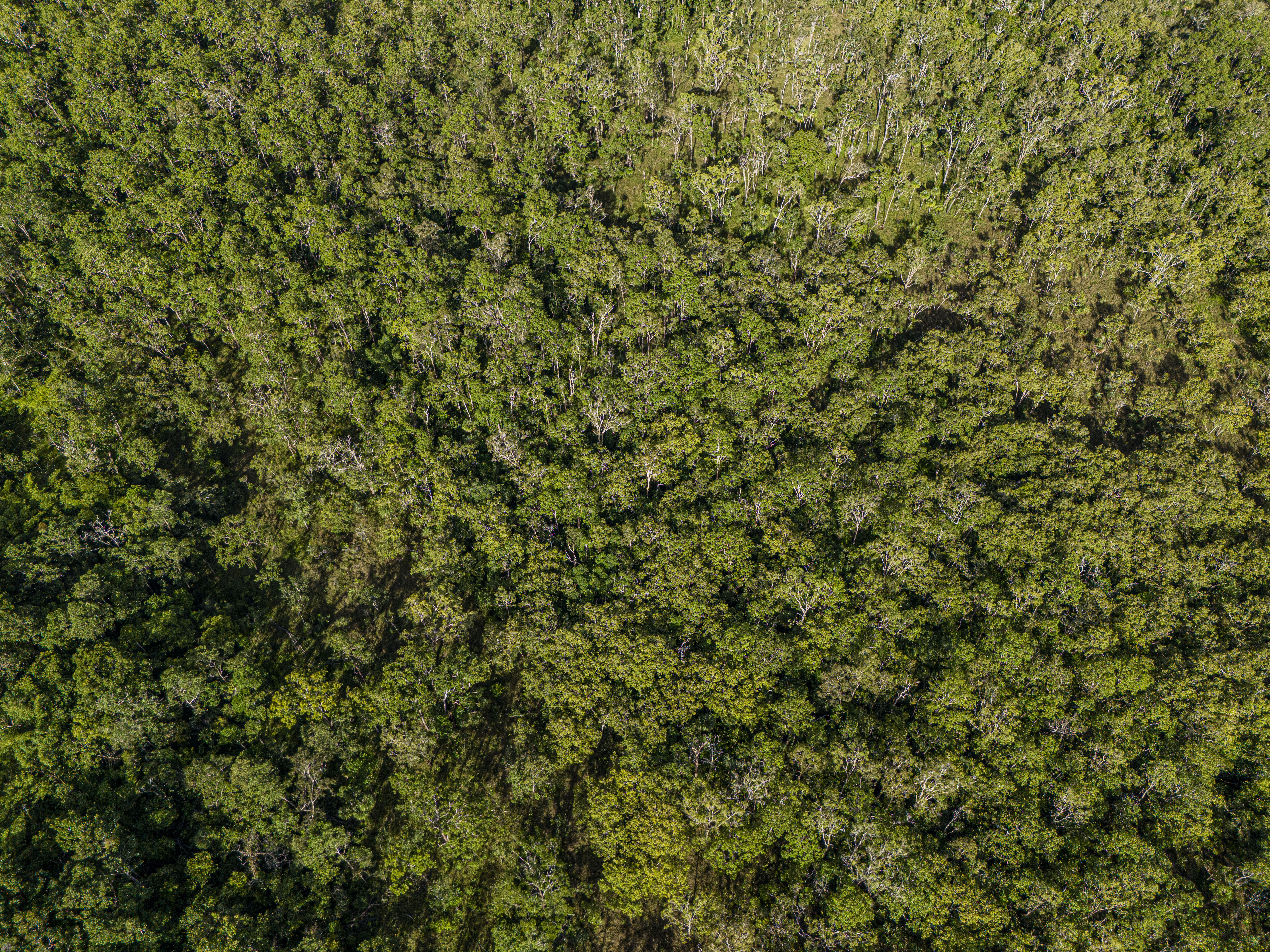
Lobby group representing Michelin, Goodyear and Continental pressures EU Commission to exclude rubber from deforestation law
A row has erupted between NGOs and the rubber industry following lobbying by the EU tyre and rubber industry association to the European Commission, pressing for natural rubber to be excluded from forthcoming new EU due diligence regulations designed to stamp out deforestation, ecosystem loss and human rights abuses in key global commodity supply chains.
Civil society organisations from Europe, Africa and the US are highly alarmed that rubber dropped out of the list of the Commission’s high forest-risk commodities and urged senior officials to keep rubber in the upcoming regulations. New research published by Greenpeace highlights the role of the industry in pushing for this change.
A key European Parliament resolution adopted in October 2020 had identified rubber as one of the main drivers of deforestation. More recently, on 25 February 2021, the Commission included rubber in a presentation detailing the preliminary list of key forest and ecosystem-risk co commodities covered under the draft EU Regulation.
However, the European Tyre & Rubber Manufactuers’ Association (ETRMA) – whose members include powerful EU and global rubber and tyre makers such as Bridgestone, Continental, Goodyear, Michelin and Pirelli – issued public statements in late 2020 urging European Commission officials to drop rubber from its target list of key forest and ecosystem-risk commodities covered by the EU’s new mandatory due diligence Regulation.
The Greenpeace report shows how ETRMA further argued to the European Commission that rubber is now considered a “low-risk commodity” in relation to deforestation, [1] and instead said it supports a more focused approached to EU policy measures on deforestation and so supports the call for the EU to act on products ‘that have “the most proven impact.”’ [2] The ETRMA conclude that regulatory action to combat rubber-related deforestation instead should be done locally, in producing countries, or at the global level. [3]
The CSOs point out that ETRMA’s stance that rubber is a low forest-risk commodity runs counter to the widely accepted evidence. A major report for the European Commission in 2018 highlighted that an estimated three million hectares of forests were cleared to make way for rubber cultivation in the Mekong region of Southeast Asia since 2000. Environmental groups such as Global Witness, Greenpeace and Mighty Earth have also documented harrowing evidence of widespread deforestation, illegal logging, human rights abuses, habitat loss, and biodiversity and livelihoods destruction linked to the expansion of rubber cultivation in numerous countries, such as Cambodia, Laos, Vietnam, Cameroon, Indonesia and Papua New Guinea.
In response to public indications from senior officials that the European Commission is about to heed ETRMA’s advice and drop rubber from its target list of key forest and ecosystem-risk commodities covered by its new regulation, a global coalition of CSOs have written an urgent open letter to European Commissioner for Environment Virginijus Sinkevičius, urging him to keep rubber in the EU’s deforestation law.
“It’s outrageous that ETRMA has aggressively lobbied the European Commission for rubber to be dropped from new EU regulations designed to stamp out rampant deforestation, ecosystem loss and human rights abuses in global supply chains,” said Dr Julian Oram, Campaign Director for Mighty Earth. “If the EU Commission bows to ETRMA’s lobbying pressure and shamefully drops rubber from its new deforestation law, then we’ll see more deforestation of rainforests, more destruction of ecosystems, and more violations of the rights of local and Indigenous communities.”
Mighty Earth approached ERTMA for comment but, at the time of publication, the lobby group had not responded.
The EU plays a key role in the global rubber supply chain: a quarter of global rubber production goes to the EU and five of the six largest global tyre and rubber corporations – Bridgestone, Continental, Goodyear, Michelin and Pirelli – have headquarters or key markets in the EU. With global demand for rubber products – which is predominantly for auto tires – projected to increase significantly post-pandemic, Governments and corporations need to adopt all the tools, laws and regulations at their disposal to help avert a destructive new wave of rubber-related deforestation in the coming years.
Notes:
[1] In a supporting submission to the European Commission on 10 December 2020 in relation to an EU consultation question about which key commodities contribute to deforestation, the ETRMA said:
“Whilst ETRMA does not have any direct information on the impact of deforestation of the chosen conglomerate of commodities, there are several studies that were carried out by both EU Institutions (European Commission’s public consultation and European Parliament’s EPRS), international organisations (such as FAO) and NGOs (eg. WWF). All of these studies indicate that commodities such as cattle, soybeans and palm oil contribute to the bulk of deforestation (40% according to FAO). Furthermore, the summary report of the public consultation in the context of the Communication on stepping up EU action against deforestation shows that rubber is considered as a low-risk commodity.”
[2] See supporting submission ‘Deforestation and Forest Products Impact Assessment Consultation, Explanation supporting ETRMA’s responses to the questionnaire, 10 December 2020’, which says in relation to the range of products to be covered by the future EU policy measures:
“ETRMA supports the call to act on products that have “the most proven impact”, through specific measures designed to meet the specificities of each products’ value chain, on the condition that such impact is carefully studied in terms of recent and current developments.”
[3] In a supporting submission to the European Commission on 10 December 2020, the ETRMA argue against the wider need for EU due diligence regulation of rubber:
“The main issue with the approach taken in this consultation is that it looks for EU actions that should have an impact on countries on which the EU does not regulate and on which the EU has no control on. It is for this reason that the work should be done locally – in producing countries – or globally.”
Contact: Nico Muzi, Mighty Earth, [email protected] or + 32 (0) 484 27 87 91 (m)


